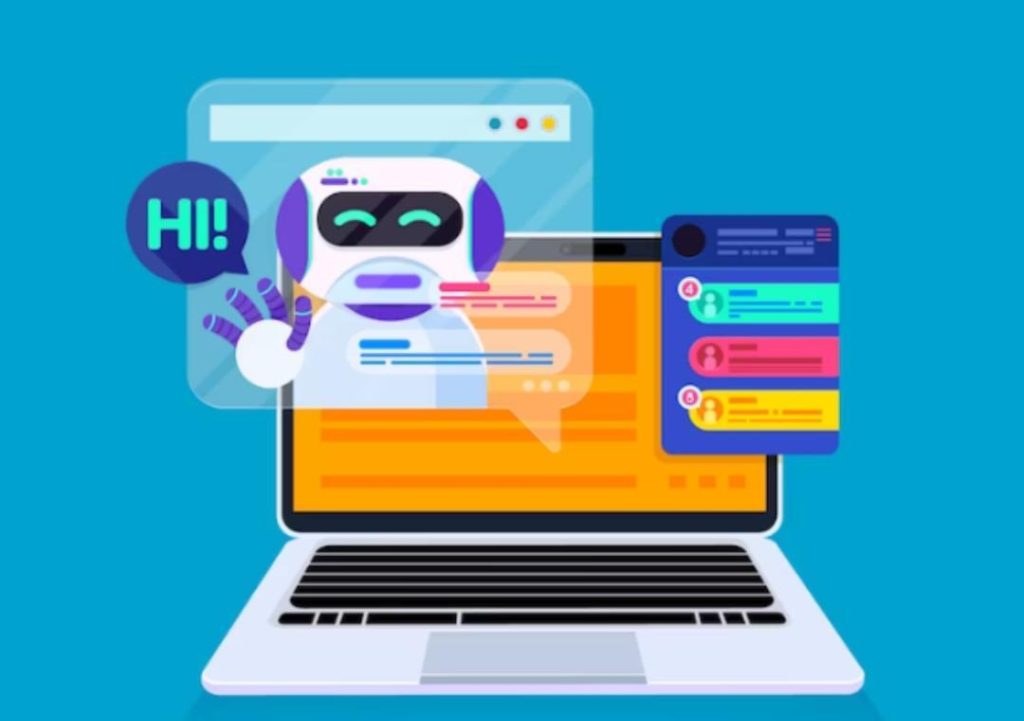
Virtual Assistants & Chatbots Power 24/7 eCommerce Support
The world of eCommerce has undergone a significant transformation over the past decade, with customer expectations playing a crucial role in shaping the industry’s evolution. Today’s consumers demand seamless, personalized, and instant support, 24 hours a day, 7 days a week. To cater to these demands, businesses are embracing AI-driven chatbots and virtual assistants, revolutionizing the way they deliver customer support.
The Rise of Chatbots in eCommerce
Chatbots have been around for a while, but their significance in the eCommerce space has grown exponentially in recent years. These AI-powered conversational agents have become the go-to solution for businesses looking to provide efficient, cost-effective, and scalable support to their customers. With the ability to handle a high volume of conversations simultaneously, chatbots have reduced the workload of human customer support agents, enabling them to focus on more complex issues.
The Benefits of Chatbots in eCommerce
So, what makes chatbots so effective in eCommerce? Here are some key benefits:
- 24/7 Availability: Chatbots operate around the clock, providing customers with immediate support whenever they need it. Whether it’s a question about a product, a concern about an order, or a need for assistance with a return, chatbots are always available to help.
- Fast Response Times: Chatbots respond quickly, often within seconds, which is essential for resolving customer issues promptly. This rapid response time helps to reduce frustration and increases customer satisfaction.
- Consistent Answers: Chatbots provide consistent, accurate responses to frequently asked questions (FAQs), reducing the likelihood of errors and inconsistencies.
- Scalability: Chatbots can handle a high volume of conversations simultaneously, making them an ideal solution for businesses that experience a surge in customer inquiries during peak periods.
- Cost-Effective: Chatbots are a cost-effective solution for businesses, reducing the need for human customer support agents and the associated costs.
The Evolution of Chatbots: NLP and Sentiment Analysis
Initially, chatbots were limited in their ability to understand natural language and provide empathetic responses. However, advancements in natural language processing (NLP) and sentiment analysis have enabled chatbots to better understand tone, urgency, and context, making the shopping experience feel more human.
NLP allows chatbots to:
- Understand Intent: Chatbots can now identify the customer’s intent behind their query, providing more accurate and relevant responses.
- Recognize Tone: Chatbots can detect the tone and language used by customers, allowing them to respond in a more empathetic and personalized way.
- Anticipate Questions: Chatbots can anticipate common questions and provide proactive answers, reducing the need for customers to initiate a conversation.
Sentiment analysis enables chatbots to:
- Detect Emotions: Chatbots can detect the emotions and sentiment behind a customer’s message, allowing them to respond with empathy and understanding.
- Provide Empathetic Responses: Chatbots can provide empathetic responses, such as apologizing for a problem or acknowledging a customer’s frustration, to build trust and rapport.
The Impact on Customer Support
The integration of chatbots and virtual assistants in eCommerce has had a significant impact on customer support. Here are some key benefits:
- Fewer Support Tickets: Chatbots can handle a high volume of FAQs and simple queries, reducing the number of support tickets submitted by customers.
- Faster Resolutions: Chatbots can provide quick and accurate responses, reducing the time it takes to resolve customer issues.
- Happier Customers: Chatbots provide 24/7 support, reducing customer frustration and increasing satisfaction.
The Future of Chatbots in eCommerce
As AI technology continues to evolve, we can expect chatbots to become even more sophisticated and integrated into the eCommerce experience. Here are some potential developments:
- Voice-Activated Chatbots: Chatbots will become more integrated with voice-activated devices, such as Amazon Echo and Google Home, enabling customers to interact with them using voice commands.
- Personalized Chatbots: Chatbots will be able to learn a customer’s preferences and behavior, providing personalized recommendations and support.
- Proactive Chatbots: Chatbots will become proactive, anticipating customer needs and providing solutions before issues arise.
Conclusion
Virtual assistants and chatbots have revolutionized the way eCommerce businesses provide customer support. With their ability to handle a high volume of conversations, provide fast and accurate responses, and understand tone and context, chatbots have become an essential tool for businesses looking to deliver exceptional customer experiences.
As AI technology continues to evolve, we can expect chatbots to become even more sophisticated and integrated into the eCommerce experience. Whether it’s voice-activated, personalized, or proactive, the future of chatbots in eCommerce holds much promise for businesses and customers alike.






